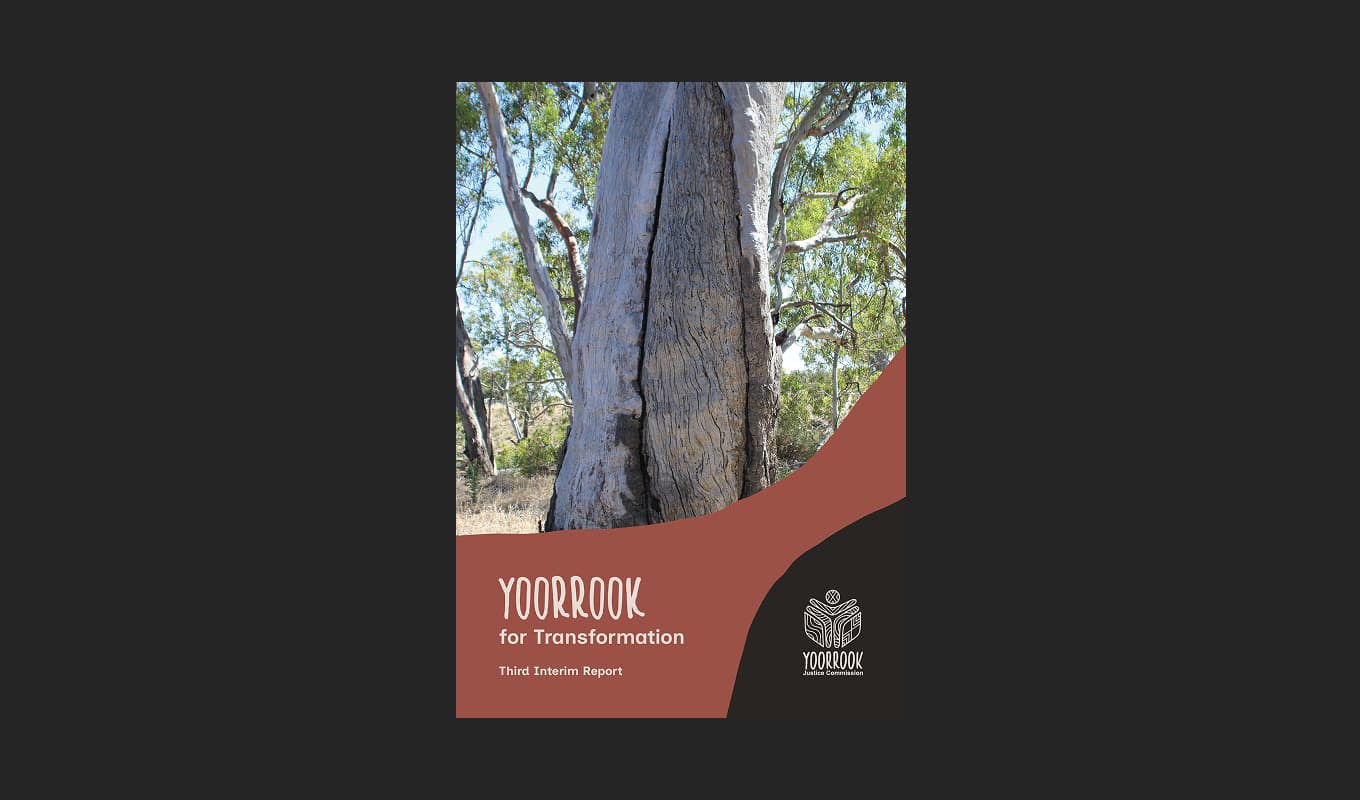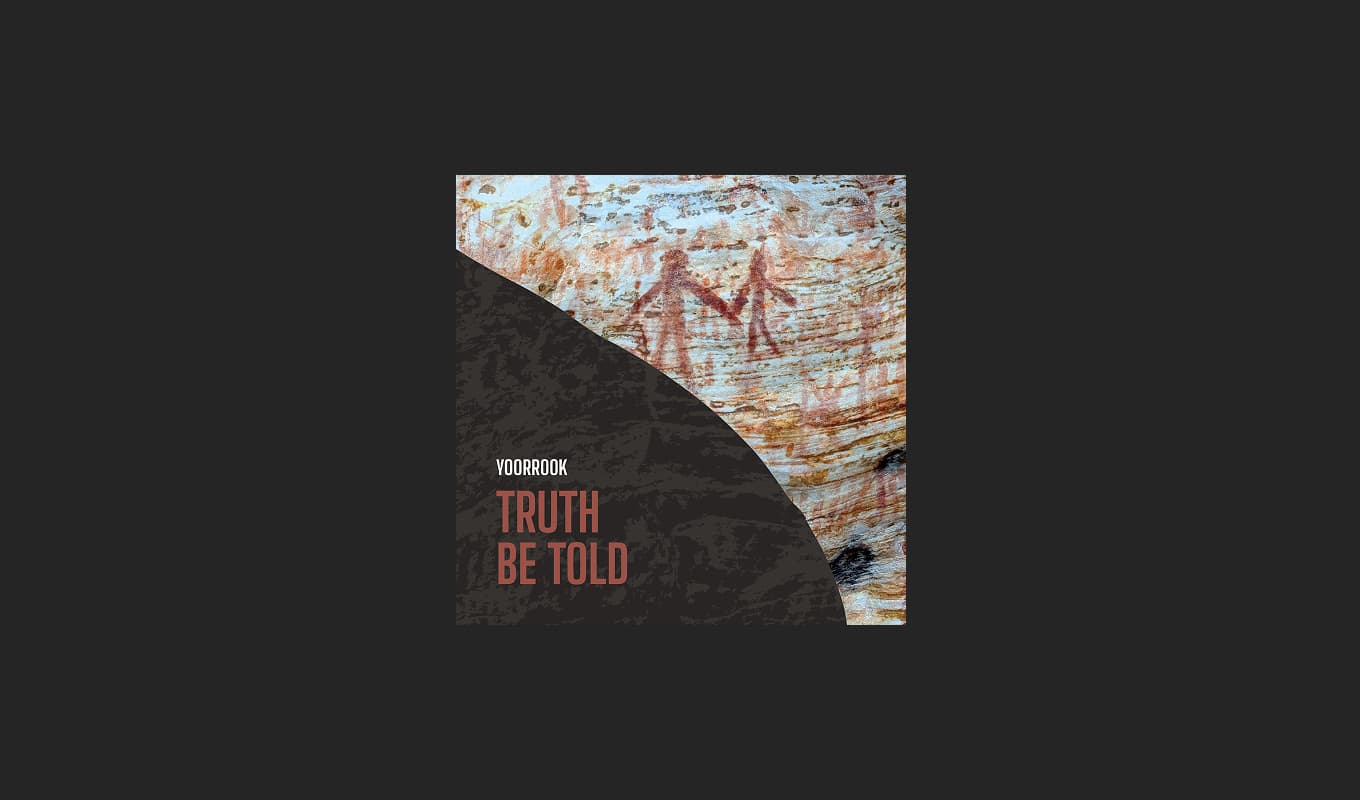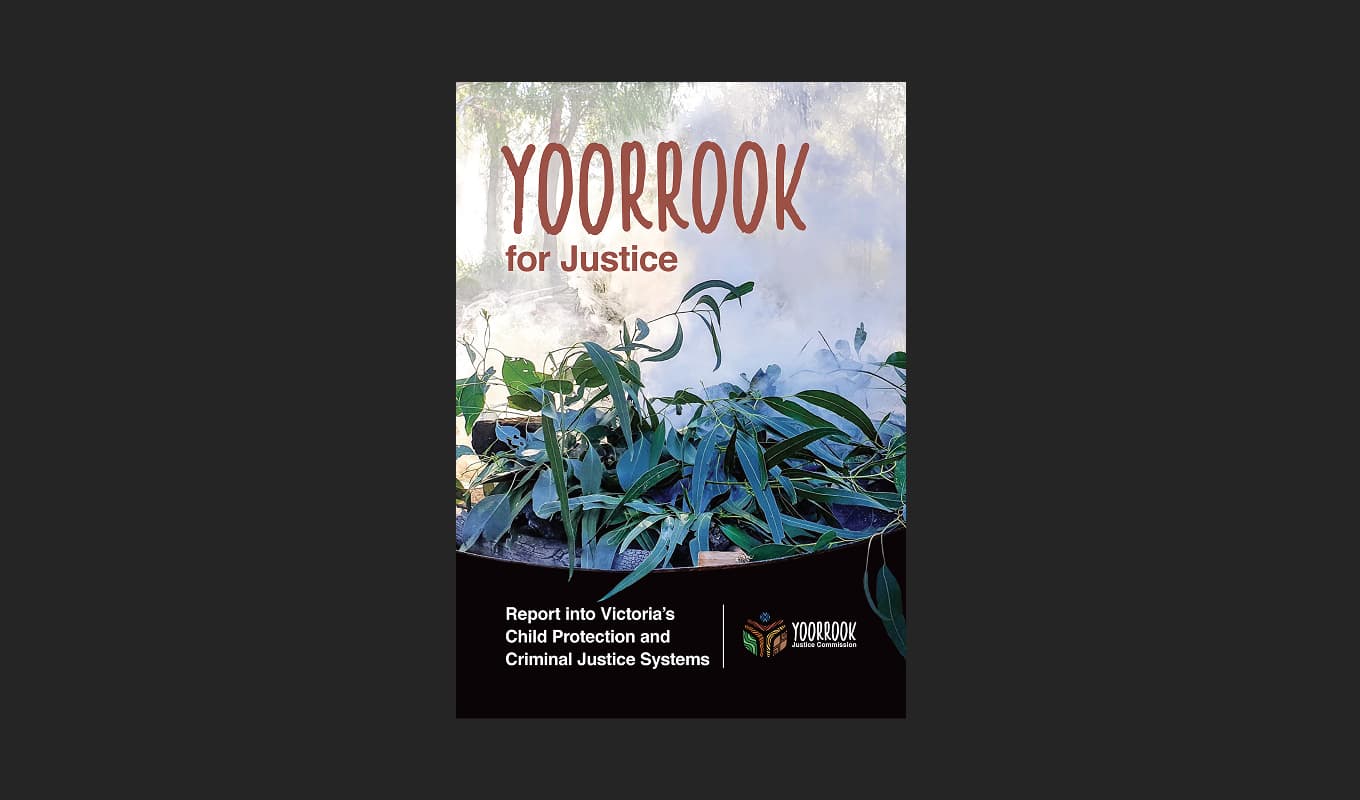Denise Cusack Sister of Our Lady of Sion
Submission Transcription
Having the opportunity to be present at some of the public hearings of the Yoorrook Justice Commission has been a deeply moving experience, heart-breaking, humbling, at times breath-taking. I could not have imagined the scope and depth of truth-telling. What I value most is, the task of recording a true record of the colonisation of Victoria is in the hands of First Peoples. This brings a piercing light on every part of Victoria, every system that has operated in Victoria to this day. I have been with First Peoples in Victoria and Western Australia: who were searching government records to find family; who lived in sheds and camped on verandas, who slept in the rain in parks,while they waited for public housing; people in prison and in more recent years, with five and six year old children learning to read via an intensive program in a government school. I say this only because it is these relationships that are the source of my knowledge of the impact of the colonisation of First Peoples. I read each of the articles in The Age newspaper that were part of the series entitled ‘Yoorrook A time for truth’. One of the most moving and disturbing of these for m, was the account written by Marcus Stewart, published on the opening day of Victoria’s Justice Commission, March 28th 2022. I was shocked to read that the Ku Klux Klan was active in Traralgon, East Gippsland. I returned to the story a number of times in conversations with different people. In February 5-8 this year (2024) I attended a conference at the University of Divinity entitled ‘Raising Our Tribal Voice for Justice: An Indigenous Theological Revolution’. Rev Aunty Janet Turpie-Johnstone gave an address entitled ‘The Ongoing Colonisations’. I learned that the colonisation of Naarm now known as melbourne occurred on a scale and at a speed that I could not have imagined was possible.
I learned very little about First Nations history and culture in Victoria’s education system. I was born in 1947. I attended catholic schools at the primary and secondary levels. Growing up, I understood that Aboriginal people lived in this country before the arrival of the First Fleet. But I had no real awareness that, in the words of the Uluru statement from the Heart: ‘Our Aboriginal and Torres Strait Islander tribes were the first sovereign Nations of the Australian continent and its adjacent islands, and possessed it under our own laws and customs’. The first ‘history’ book I read, at night school as an adult, was on the syllabus for English Liturature Year 12: ‘Outcasts in White Australia’ by C D Rowley. I started to learn about First Nations history and culture when I began to meet Aboriginal and Torres Strait Islander people in Melbournne in the 1980’s In January 1988 Sydney celebrated the bicentenary of the First Fleet’s arrival in Botany Bay and Sydney Cove on Bidegal and Gadigal Country. Throughout 1987 another sister (Sion) and I had many opportunities to meet Aboriginal and Torres Strait Islander people and hear their stories of survival and resistance. Whatever the topic,there was an unspoken tangible grief that was present. It touched me deeply. We drove to Sydney and joined the 1988 Bicentenary Protest with the other 40,000 Aboriginal people who had come in buses from all over the country, and their non Indigenous supporters. This protest had a profound effect on me.
The Uluru Statement from the Heart is one of the most profound documents that I have ever read. It won the Sydney Peace Prize, an international award, in 2021-2022 ‘for bringing together Australia’s First Nations Peoples around a clear and comprehensive agenda for healing and peace within our nation’. In part, the Uluru Statement from the Heart states: ‘We call for the establishment of a First Nations Voice enshrined in the Constitution’. ‘We seek a Makarrata Commission to supervise the process of agreement-making and truthtelling about our history’. ‘With substantive constitutional change and structural reform , we believe this ancient sovereignity can shine through as a fuller expression of Australia’s nationhood’. I would like to see the Uluru Statement from the Heart being more widely known and better understood by all Victorians. I would like to see: The urgent reforms that are recommended in the report ‘Yoorrook for Justice, Report into Victoria’s Child Protection and Criminal Justice Systems’ fully implemented by the Victorian Government. A Victorian education system that offers all students the experience of learning about First Peoples history and culture. More Victorian schools choose to give all students the opportunity to learn a First Peoples language as a second language. ( Mildura Primary School chose to teach the Barkindji language as a second language to all the children in the school.
The Uluru Statement from the Heart is one of the most profound documents that I have ever read. It won the Sydney Peace Prize, an international award, in 2021-2022 ‘for bringing together Australia’s First Nations Peoples around a clear and comprehensive agenda for healing and peace within our nation’. In part, the Uluru Statement from the Heart states: ‘We call for the establishment of a First Nations Voice enshrined in the Constitution’. ‘We seek a Makarrata Commission to supervise the process of agreement-making and truthtelling about our history’. ‘With substantive constitutional change and structural reform , we believe this ancient sovereignity can shine through as a fuller expression of Australia’s nationhood’. I would like to see the Uluru Statement from the Heart being more widely known and better understood by all Victorians. I would like to see: The urgent reforms that are recommended in the report ‘Yoorrook for Justice, Report into Victoria’s Child Protection and Criminal Justice Systems’ fully implemented by the Victorian Government. A Victorian education system that offers all students the experience of learning about First Peoples history and culture. More Victorian schools choose to give all students the opportunity to learn a First Peoples language as a second language. ( Mildura Primary School chose to teach the Barkindji language as a second language to all the children in the school.
Truth-teller consent
Contact us about this submission
Contact us if you’d like to discuss this submission.
Similar submissions
Explore submissions from other witnesses that discuss similar topics.
Viki Sinclair (Fowler)
Viki Sinclair is a direct descendant of one of the original settlers of Gippsland, Colin McLaren. In this submission, she tells her personal story of... more
Prof. Mark G. Brett
Prof. Mark G. Brett's paper, "Reinventing Waste Land as a Colonial Legal Fiction," explores the historical development of the concept of waste land fr... more
Barbary Clarke
Barbary Clarke and Jason Clarke, descendants of Alfred Deakin and William John Turner, also known as Big Clarke, discuss aspects of their family's his... more
Reports and Recommendations
Read the official reports and recommendations of the Yoorrook Justice Commission.

Yoorrook for Transformation
Third Interim Report: A five-volume comprehensive reform report presenting evidence and findings on systemic injustices, and specific recommendations for meaningful change to transform the future.

Truth Be Told
An official public record that documents First Peoples experiences since colonisation, preserves crucial testimonies for future generations and creates an enduring resource for education and understanding.

Recommendations for change
Yoorrook Justice Commission’s recommendations for truth-telling, justice, and systemic reform in Victoria.

